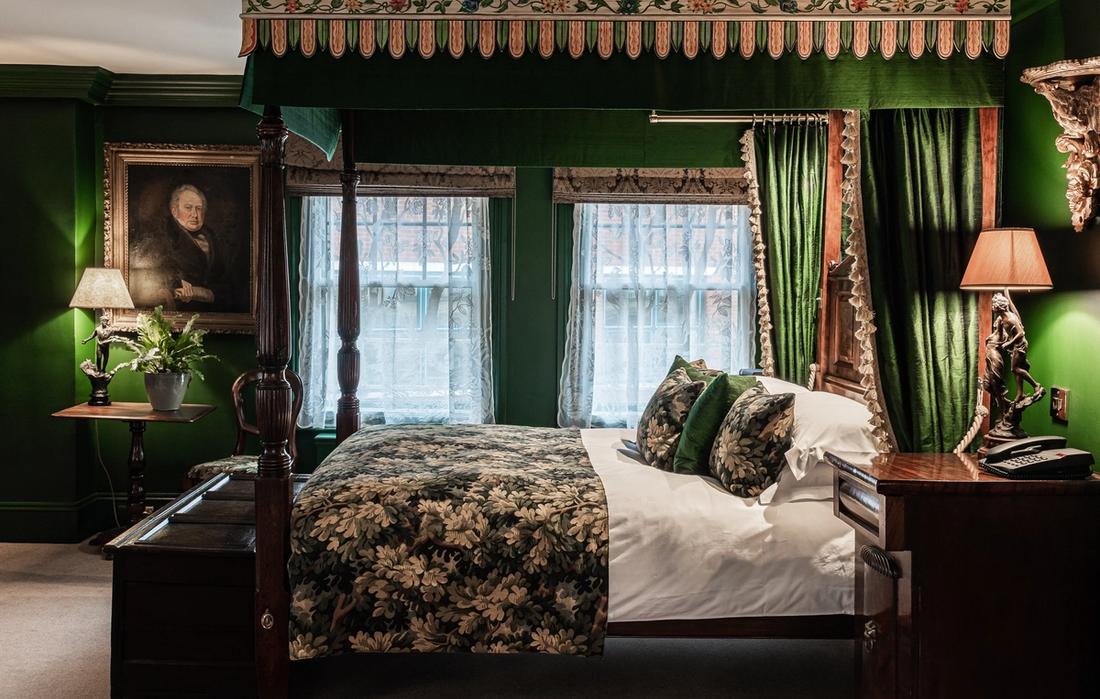The Good Hotel Guide is the leading independent guide to hotels in Great Britain & Ireland, and also covers parts of Continental Europe. The Guide was first published in 1978. It is written for the reader seeking impartial advice on finding a good place to stay. Hotels cannot buy their way into the Guide. The editors and inspectors do not accept free hospitality on their anonymous visits to hotels. All hotels in the Guide receive a free basic listing. A fee is charged for a full web entry.
The Good Hotel Guide
About Us
Independent
Recommended
Trusted
Independent
Recommended
Trusted

Bribe with the best
All blog posts
3 minutes
2 Apr 2019
Bribe with the best
All blog posts
3 minutes
2 Apr 2019
By Adam Raphael

Many years ago, as a young journalist, I was asked by Punch, the satirical magazine, to spill the beans. In ‘Confessions of Motoring Correspondent’, I listed all the gifts I had been offered and accepted on the dubious basis that no one in their right mind could think it was worthwhile to bribe the Guardian’s motoring correspondent.
Shortly after publication, however, I was summoned by the Guardian’s editor, Alistair Hetherington, who asked whether I was aware of the house rule that the paper’s journalists were allowed only to accept gifts that could be consumed within 24 hours. The tape recorders, tires, rally jackets and the like, which had come my way were certainly not consumable let alone within 24 hours. It was the end of my career as a motoring hack.
I tell this tale because I want to discuss a related branch of journalism which routinely accepts ‘bribes’ from those it is writing about without shame or scruple. Nearly all the hotel reviews that appear in papers and magazines today are paid by the business that is being written about. Some readers understand this, and appreciate the consequences, but many do not. The inevitable result of paid hospitality is that travel sections invariably highlight the good points of hotels and minimise the bad ones.
When an article says that a writer “travelled with” or was “a guest” of some company, it is one of many euphemisms used to disguise a freebee. Newspapers defend this acceptance of paid for trips and free hotels claiming that that they can no longer afford to pay their own way. I appreciate that the golden era of print journalism is over, lavish expenses are no more, times are tough. But that doesn’t excuse what is going on in virtually every national paper and magazine. The Daily Mail, to be fair, pays for some of its travel visits. It has an anonymous hotel inspector who pays for his hotel stays. The cost to the Mail is roughly £20,000 a year, a large sum but not an impossible one for a big, profitable national newspaper which cares about its reputation.
Most newspapers, I fear, have just accepted that they are now poor relations dependent on other people’s hospitality. I accept that there are different shades of conduct. It is one thing for a travel journalist researching an article in Japan or China to accept a free flight from British Airways. Quite another thing for a paper to allow a journalist to be paid for by a flashy newly-opened hotel in Bognor on the implicit understanding that they will get a good review. Let me also concede that there are many travel writers, who write well and honestly despite freebees. But even the doyenne of the trade, the widely-respected Fiona Duncan of the Telegraph, admits that a journalist on a paid hotel visit or a paid trip is bound to have a different experience to a run-of-the-mill punter.
That is the reason why the Good Hotel Guide’s inspectors are always anonymous and always pay their own way. We reimburse inspectors for the cost of one night D,B&B for two people, including an aperitif and a bottle of medium-priced wine. It is a large part of our budget. But that way a Guide inspector experiences the hotel in the same way as any other guest. As a briefing note to the Guide’s inspectors makes clear: ‘We don’t ask you to tick boxes or investigate number of rooms. The Guide wants to be able to judge a hotel on the basis of what it does. We look for character in hotels, inns and B&Bs.’


